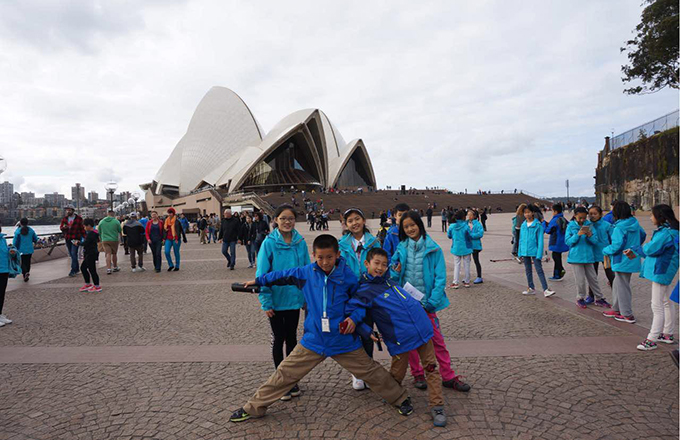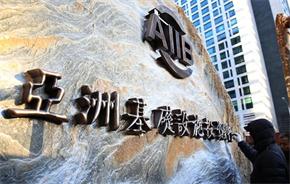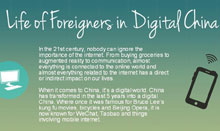Chen Weihua
Chen Weihua is the Chief Washington Correspondent of China Daily and Deputy Editor of China Daily USA. He has a particular focus on US politics and US-China relations.
Revealing tale of two Washingtons
[2012-02-10 08:07]During my two trips to Seattle, Washington, I was often reminded by local government officials and business leaders that this Washington is not "the other Washington".
Luxury shoppers ring alarm bells
[2012-02-03 08:06]Living in New York, I have the great pleasure of having Chinese friends come from afar to visit. Yet instead of seeing the real jewels of New York, such as St. Patrick's Cathedral, the Broadway musicals, the Metropolitan Museum of Art, Central Park, Brooklyn Bridge and jazz in the West Village, they are desperate to visit the Fifth Avenue and Woodbury Common outlets, about an hour's drive from Manhattan, where some 200 discount luxury goods stores are located. And it is not just the women it's also the men.
Path of cooperation over confrontation
[2012-01-13 08:08]For the past week, I have seen Americans painting starkly different blueprints for relations between China and the United States.
Presidential hopefuls rely on showbiz
[2012-01-06 08:02]Observing the race among the Republican presidential candidates, which peaked at the Iowa Caucuses on Tuesday, it is hard to escape the fact that so far there has been way too much showbiz and not enough substance.
Only surgery can remove tumor from soccer
[2011-12-31 07:59]The trials of some top Chinese soccer officials and referees on corruption charges, which started in Northeast China a week ago and will continue into 2012, have implications far beyond the world of sport.
Too much bleeding not enough building
[2011-12-23 08:35]Yet no one can say with any certainty today that stability is going to prevail in Iraq in the years to come.
Too many lobbyists in US politics
[2011-12-16 08:12]One of the biggest challenges for me to understand politics in the United States is getting a grip on how much influence lobbyists exert on everything from legislation, public opinion and news media to rhetoric by politicians.
Climate deal mission impossible
[2011-12-09 08:34]After two weeks of heated debates, mass demonstrations and intense lobbying, the United Nations Climate Change Conference will close on Friday in Durban, South Africa. But reaching any binding deal on carbon emissions, which hit a historical high last year, seems to be mission impossible.
Ingratitude is all too common unfortunately
[2011-11-25 08:08]Thursday is the annual Thanksgiving holiday in the United States. This traditional American festival is a time for people to gather for family reunions, carve a big oven-roasted turkey and go shopping on what are known here as Black Friday and Cyber Monday. More importantly, it is a time for people to express thanks to family and friends.
Time for US to make plans for the future
[2011-11-18 07:58]In the old days, most Americans didn't pay much attention to such plans. They viewed them as rigid Soviet-style central planning that did not work. However, that perception seems to be changing.
Damage limitation is urgently needed
[2011-11-11 08:07]On Wednesday evening, I listened to talks by Chinese entrepreneurs on philanthropy and social responsibility at Columbia University, New York.
US funding cutoff sets a bad example
[2011-11-04 08:06]The US government's announcement that it will cut off its funding to the United Nations Educational, Scientific and Cultural Organization (UNESCO), following the agency's admission of Palestine as a full member on Monday, is a lose-lose game that no other countries should emulate.










